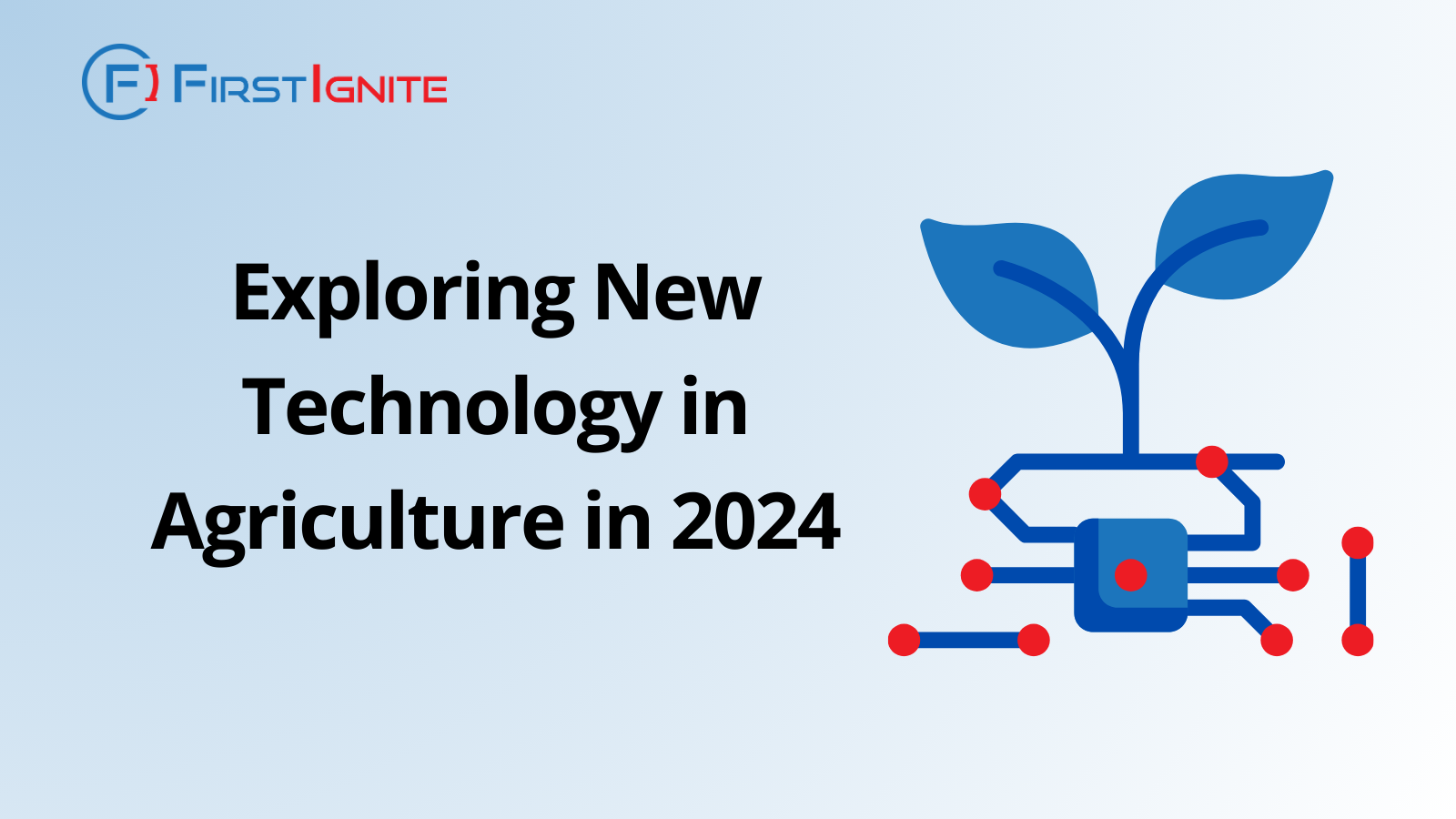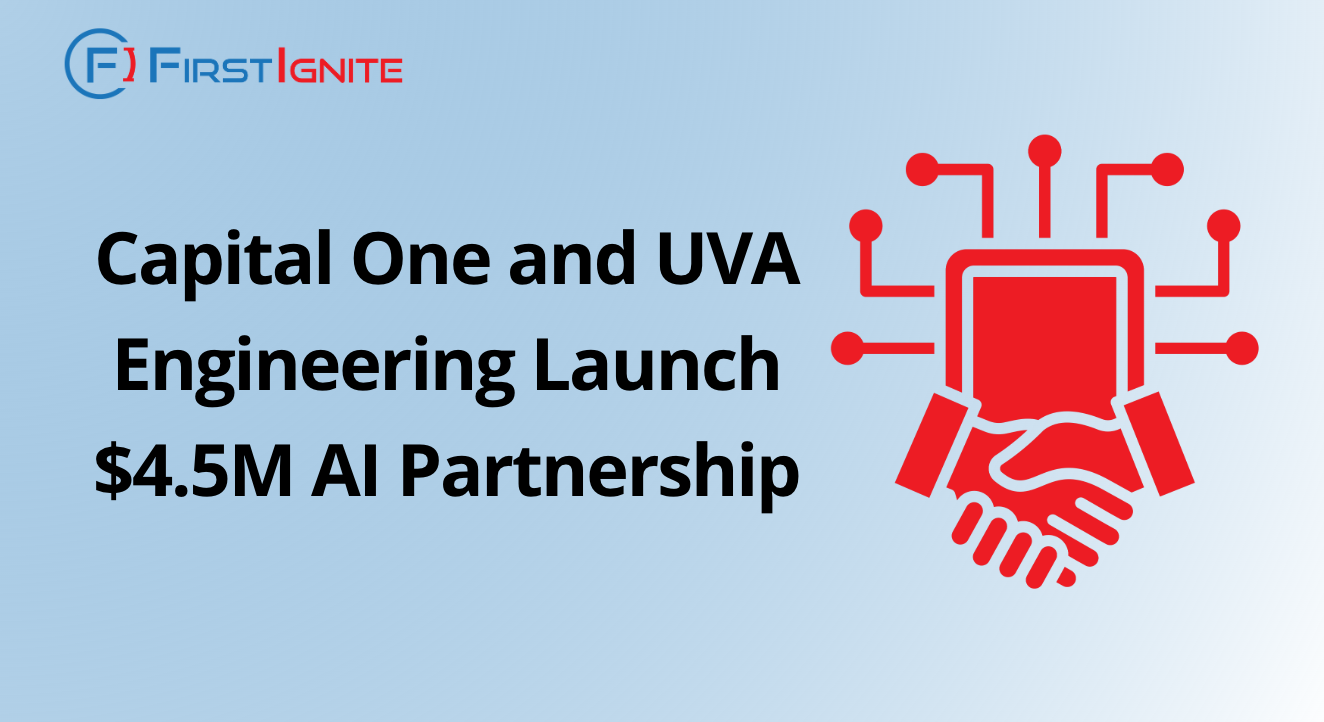
Introduction to the new technology in agriculture
As we step into the year 2024, the world of agriculture is undergoing a remarkable transformation. The integration of cutting-edge innovations into the agricultural sector has revolutionized the way we grow, harvest, and process our food. In this article, I will delve into the exciting developments in the field of agriculture technology and explore how these advancements are reshaping the industry.
The impact of technology on agriculture
Technology has long been pivotal in agriculture, from ancient plows to modern tractors, but recent years have seen an unprecedented surge in technological innovation. This has resulted in enhanced efficiency, productivity, and environmental sustainability within the agricultural sector. Precision farming stands out as a key domain where technology has revolutionized practices. By employing sensors, drones, and GPS, farmers can monitor crop health, assess soil conditions, and refine irrigation and fertilization strategies. This not only boosts yields but also conserves resources, fostering greater sustainability in agriculture.
AI in Agtech
Artificial Intelligence (AI) is revolutionizing agriculture by utilizing machine learning algorithms to analyze extensive data for precise predictions and recommendations, enhancing decision-making for farmers regarding planting, pest control, and harvesting. Additionally, AI-powered robots are reshaping agricultural operations by autonomously handling tasks such as weeding, precise pesticide application, and harvesting, thereby alleviating labor shortages and increasing productivity. These advancements not only improve crop quality and profitability but also enable farmers to focus on more strategic activities, marking a significant shift in agricultural technology.
University agtech innovations
Universities and research institutions are at the forefront of agricultural innovation. They are constantly pushing the boundaries of what is possible in terms of technology and agriculture. In recent years, numerous universities have made groundbreaking advancements in agtech.
For example, researchers at the University of California, Davis have developed a gene-editing technique that allows for precise modifications in crop plants. This technology has the potential to create crops that are more resistant to diseases, pests, and environmental stresses. Similarly, scientists at the Massachusetts Institute of Technology (MIT) have developed a solar-powered desalination system that can provide fresh water to arid regions, enabling agriculture in areas where water scarcity is a major challenge.
Predictions for the future of agriculture technology
The future of agriculture technology appears promising with rapid advancements in robotics, artificial intelligence, and gene editing expected to bring about transformative changes in the sector. One such innovation is the widespread adoption of vertical farming, where crops are grown in stacked layers to maximize land use and reduce reliance on pesticides and herbicides. This approach can be particularly advantageous in urban areas, reducing transportation emissions and bringing food production closer to consumers. Another exciting development is the integration of blockchain technology, offering transparency and security in agricultural transactions. This enables farmers to trace the origin and quality of their produce, ensuring food safety, and reducing costs by eliminating intermediaries, thus improving market access.
Conclusion: Embracing the future of agriculture technology in 2024
As we enter 2024, it’s evident that cutting-edge technology in agriculture is revolutionizing the industry. From precision farming and AI-driven robots to breakthroughs in gene editing and water management, the potential for further advancements is vast. To fully reap the benefits of these innovations, collaboration among farmers, researchers, and policymakers is essential. This involves investing in research, offering training, and tackling regulatory hurdles. Embracing the future of agricultural technology promises increased food production, sustainability, and improved livelihoods for farmers, ensuring a more resilient food system for generations ahead.




